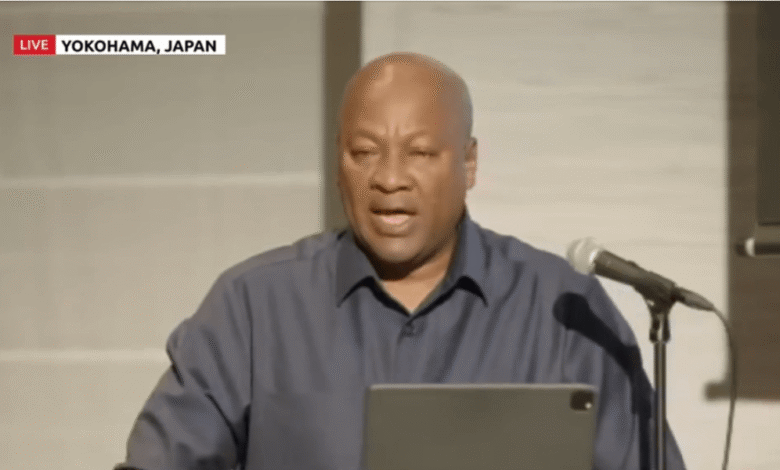Bishops warn of national collapse if galamsey persists

The Ghana Catholic Bishops’ Conference (GCBC) has expressed deep disappointment over what it describes as the government’s failure to treat illegal and irresponsible mining, commonly known as galamsey, as the national crisis it has become.
In a statement dated Monday, September 15, 2025, the Bishops warned that the President’s recent remarks at Jubilee House risked legitimizing the menace of galamsey rather than curbing it.
“Wittingly or unwittingly, these statements seemed to support the environmental terrorism and menace of galamsey.
“The President’s narratives, and de facto justifications, on such a platform will only serve to give oxygen to impunity, rolling back years of governmental messaging to make galamsey unpopular. This is deeply unfortunate and regrettable,” the statement read.
According to the GCBC, prolonged tolerance of illegal mining has already caused devastating damage to Ghana’s environment, including pollution of water bodies relied upon by over 20 million people.
The Bishops lamented the destruction of farmlands for vital crops such as cocoa, rubber, and oil palm, warning that farmers continue to face a shortage of arable land. They also noted that about 50 forest reserves have been degraded, worsening climate and environmental risks.
“This will have deleterious long-term consequences for our society,” the Bishops cautioned.
The GCBC also raised alarm over the looming economic fallout. It pointed to a request before the Public Utilities Regulatory Commission (PURC) from the Ghana Water Company Limited (GWCL) seeking a 280% increase in water tariffs, citing pollution from illegal mining as the cause.
“This is not a request for a tariff increase; it is an admission of catastrophic failure,” the statement emphasized.
“It is an invoice being presented to the Ghanaian people for a mess we did not create. We are being forced to pay for the crimes of others.”
Providing further context, the Bishops highlighted the collapse and near-collapse of several water treatment plants across the country.
The Kwanyarko Water Treatment Plant has recorded turbidity levels as high as 32,000 NTU, while the Bunso plant has been shut down for nearly a year. The Kyebi facility, they added, is operating at bare minimum capacity and often shuts down.
For the GCBC, the galamsey crisis is no longer just an environmental disaster but also a question of economic justice and national survival.
In closing, the Bishops issued a direct challenge to government:
“If we cannot confront the galamsey crisis with bold actions, then what kind of nation and people are we becoming? What kind of government would we be said to have?”



